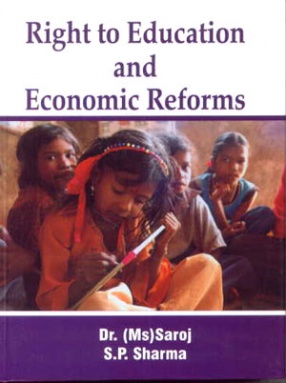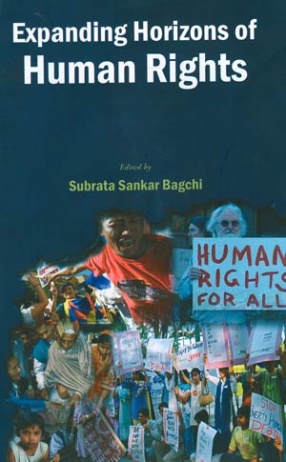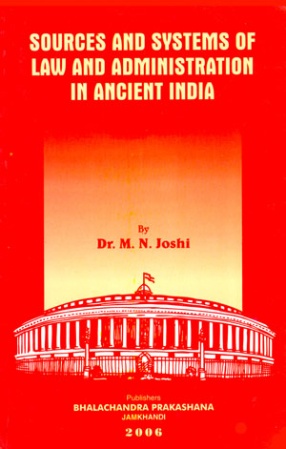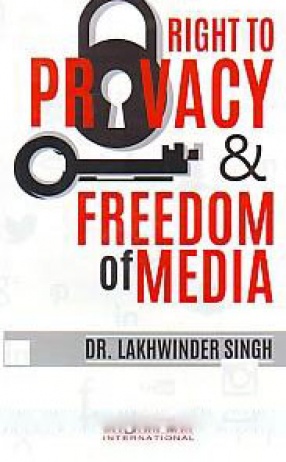Right to Education and Economic Reforms
The right to education has been universally recognized since the Universal declaration of human rights in 1948 and has since been enshrined in various international conventions, national constitutions and development plans. However, while the vast majority of countries have signed up to, and ratified, international conventions far fewer have integrated these rights into their national constitutions or provided the legislative and administrative frameworks o ensure that these rights are realized in practice. Today, the right to education is still denied to millions around the world. One sixth of the world’s population, nearly 855 million people, are functionally illiterate, and 130 million children in developing countries are without access to basic education. In the crowded global economy, educational deprivation has dire consequences for human welfare. Such deprivation diminishes political power. Education is essential for providing citizens with the tools for resisting totalitarian and repressive governments and economic exploitation.
This book seeks to affirm education as a human right and to describe the various state duties flowing from the right to education, especially in the context of global economic reforms. The book will be of interest to students, teachers, researchers, legal practitioners and others dealing with human rights law.
Get it now and save 10%
BECOME A MEMBER











Bibliographic information
S P Sharma